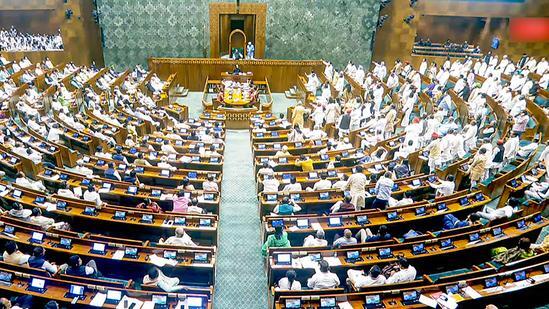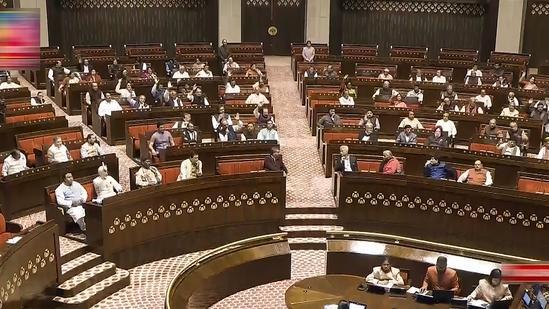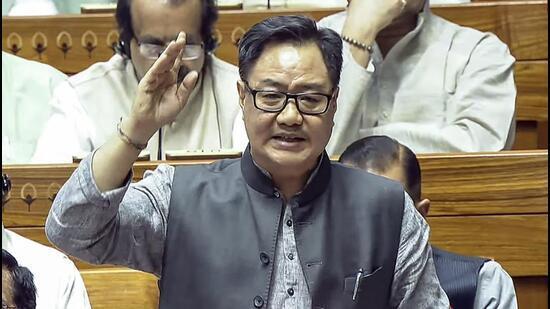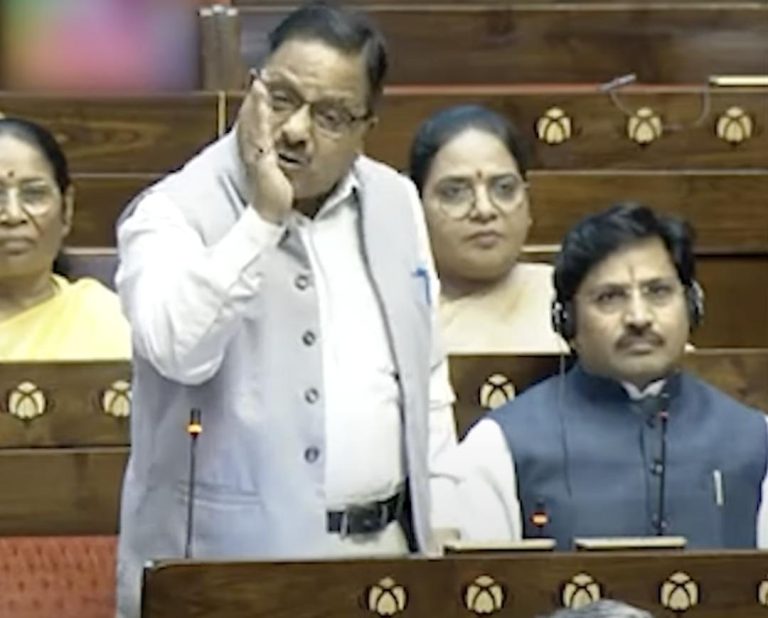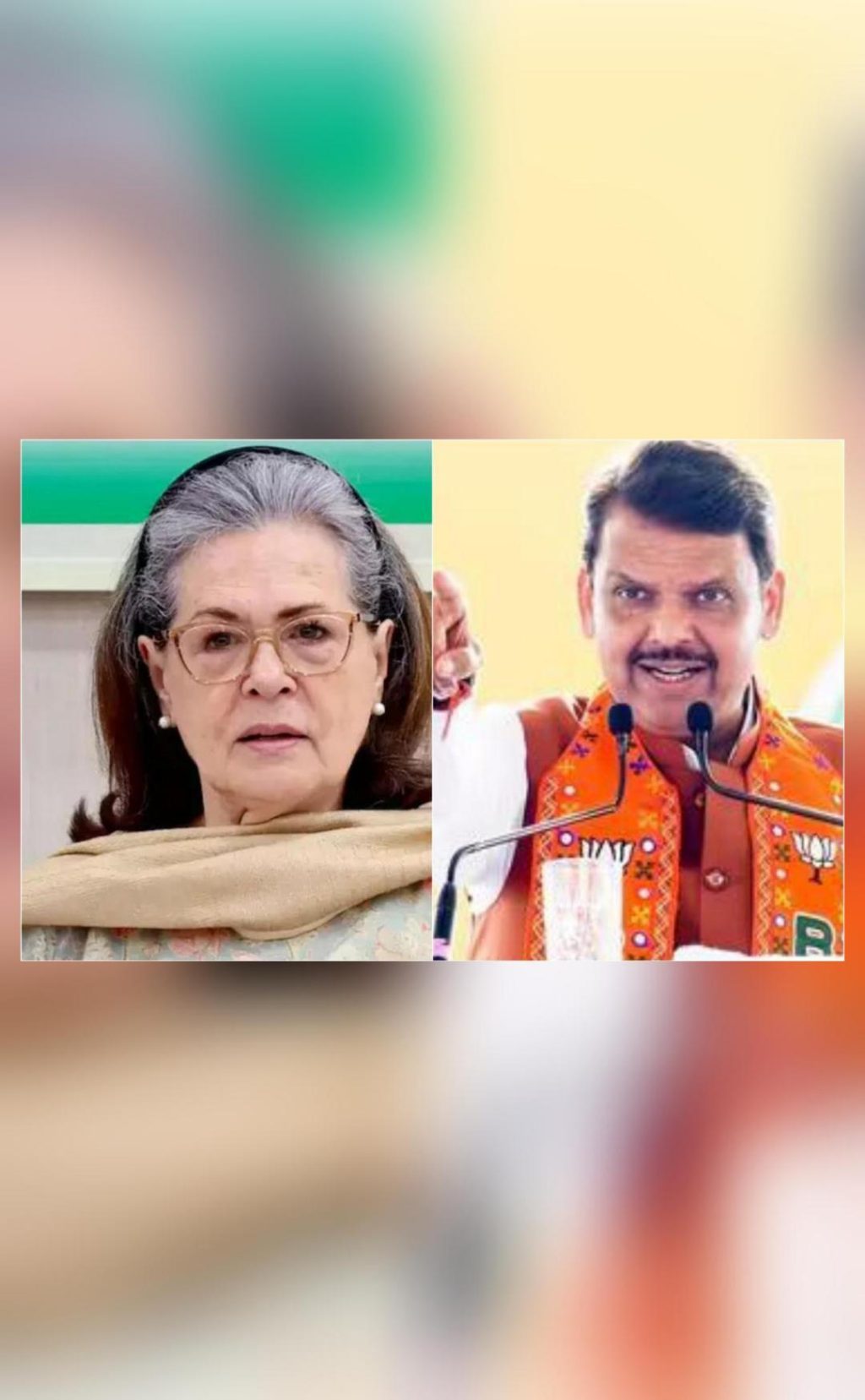
NEP is Indianisation of Education System, Sonia Should Know: BJP
The National Education Policy (NEP) 2020 has been a topic of discussion in India for quite some time now. The policy, which was introduced by the Government of India, aims to transform the country’s education system to make it more inclusive, equitable, and responsive to the needs of the 21st century. However, the policy has not been without its critics, with some opposing it on various grounds.
Recently, Congress leader Sonia Gandhi sparked controversy over her remarks on the NEP, saying that the carnage of India’s public education system must end. However, the Bharatiya Janata Party (BJP), which is the ruling party at the center, has reacted strongly to her comments.
Senior BJP leader and Maharashtra Chief Minister Devendra Fadnavis said that the NEP is an Indianization of the education system and that Sonia Gandhi should know more about it and support the Indianization of the Indian education system.
Fadnavis’s remarks were made in response to Gandhi’s comments, which were seen as criticism of the NEP. Gandhi had said that the policy was not benefiting the students and that it was more focused on the interests of the private sector.
Fadnavis’s response to Gandhi’s comments was seen as a defense of the NEP and an attack on the Congress leader. He said that the NEP was an attempt to bring about a transformation in the education system and that it was not just about the interests of the private sector.
The BJP leader also pointed out that the NEP was a policy that was designed to benefit the students and that it was not just about the interests of the private sector. He said that the policy was aimed at making the education system more inclusive and equitable and that it was not just about the interests of the private sector.
The controversy surrounding the NEP is not new. The policy has been criticized by many, including some opposition parties and some academics. However, the BJP has defended the policy, saying that it is an attempt to bring about a transformation in the education system.
The NEP was introduced by the Government of India in 2020 and it aims to transform the country’s education system to make it more inclusive, equitable, and responsive to the needs of the 21st century. The policy is aimed at making the education system more student-centered and more focused on the needs of the students.
The policy also aims to increase the access to education, especially for the marginalized communities, and to improve the quality of education. It also aims to make the education system more inclusive and equitable by promoting diversity and promoting the inclusion of all students, regardless of their background or abilities.
The NEP has been praised by many, including some education experts and some students. However, the policy has also been criticized by some, including some opposition parties and some academics. The policy has been criticized for its lack of clarity and for its focus on the interests of the private sector.
The controversy surrounding the NEP is not new. The policy has been criticized by many, including some opposition parties and some academics. However, the BJP has defended the policy, saying that it is an attempt to bring about a transformation in the education system.
The NEP was introduced by the Government of India in 2020 and it aims to transform the country’s education system to make it more inclusive, equitable, and responsive to the needs of the 21st century. The policy is aimed at making the education system more student-centered and more focused on the needs of the students.
The policy also aims to increase the access to education, especially for the marginalized communities, and to improve the quality of education. It also aims to make the education system more inclusive and equitable by promoting diversity and promoting the inclusion of all students, regardless of their background or abilities.
In conclusion, the controversy surrounding the NEP is not new. The policy has been criticized by many, including some opposition parties and some academics. However, the BJP has defended the policy, saying that it is an attempt to bring about a transformation in the education system.
The NEP was introduced by the Government of India in 2020 and it aims to transform the country’s education system to make it more inclusive, equitable, and responsive to the needs of the 21st century. The policy is aimed at making the education system more student-centered and more focused on the needs of the students.
The policy also aims to increase the access to education, especially for the marginalized communities, and to improve the quality of education. It also aims to make the education system more inclusive and equitable by promoting diversity and promoting the inclusion of all students, regardless of their background or abilities.
Source:
